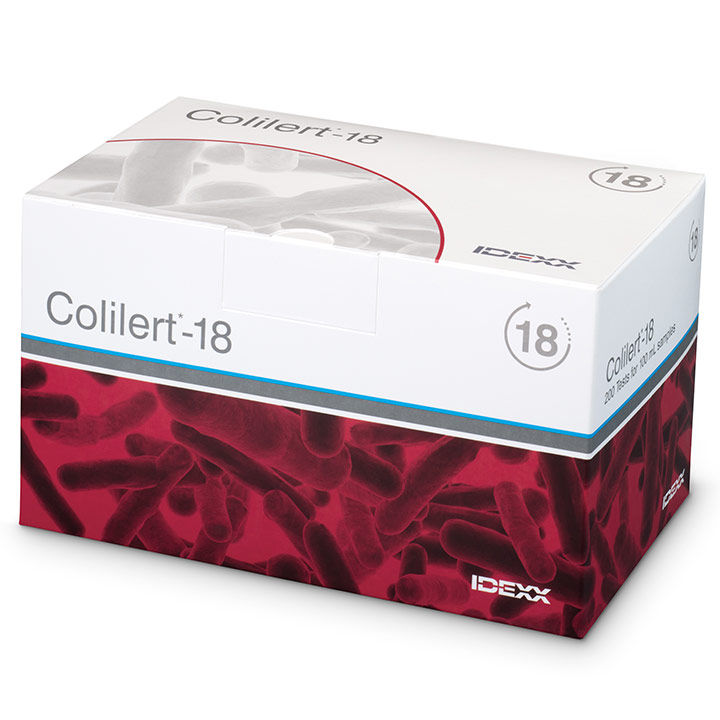The Goal of Cancer Translational Research
- elly
- Jul 12, 2019
- 2 min read

Translational research consists of utilizing the results of laboratory studies, and using them in clinics so that they can improve detection, treatment and prevention of disease. Basically it really bridges the space between laboratory and clinical research. It really applies laboratory studies to clinics, where patients are treated. Therefore, this research is called bench to bedside research.
Research Objectives on Cancer Translation
Getting a gene for cancer in fruit flies is considered useless by itself. But this scientific discovery can be attributed to human applications that will help patients with cancer.
In Neuro-scientific oncology, translational studies are very important. This will be a prosperous study that seeks to improve cancer detection with the initial phase. Likewise, it will lead to exploring safe and efficient treatments for cancer. Finally, it will provide a successful prevention strategy for cancer.
Research Direction for Cancer Translation
Cancer translation research involves intelligent researchers who work in various fields of study such as genetics, biology, pharmacology, medicine and other scientific disciplines. Currently, scientists are working together to translate basic laboratory idexx indonesia understandings into discoveries that promote the care of advanced patients through new imaging techniques, diagnostic tools, and drugs.
Companies from various countries around the world are refocusing causing real progress towards this kind of applied research. Some companies have been in the process of creating a network database of every form of cancer. Tracking cancer histopathology and connecting it using molecular profiles will open up more progress at the beginning of the diagnosis and identify occurring with cancer. Heat sensitive nanoparticles for drug administration can also be an interesting effort in cancer research. These nanoparticles that carry chemotherapy drugs are injected in the bloodstream and pinpoint tumor cells. They are then heated to release the drug into the tumor cells. This research is expected to solve the challenges in the non-selectivity of current chemotherapy drugs between cancer cells and normal cells. Fractional laser treatments are currently at the stage of clinical studies for breast cancer. It will also be used to treat other cancer designs. Other laboratories will work on vaccines against glioblastomas, one of the most aggressive types of brain tumors. Until now, the relationship between preliminary research was quite encouraging. Several other cancer research efforts operate on the way anti-estrogen to treat breast cancer. This is very helpful for cancer in breast patients who have become immune to standard therapy.
Overall, research in cancer translation research presents a leap forward in improving outcomes for patients.



Comments